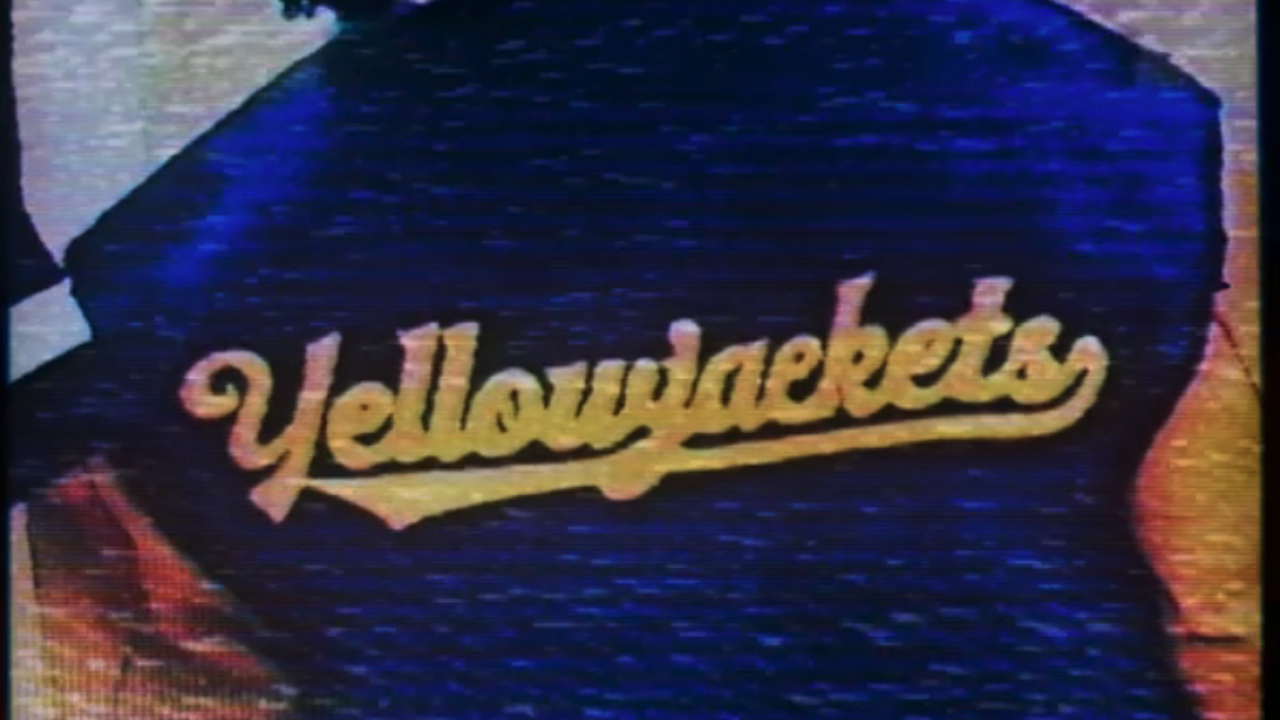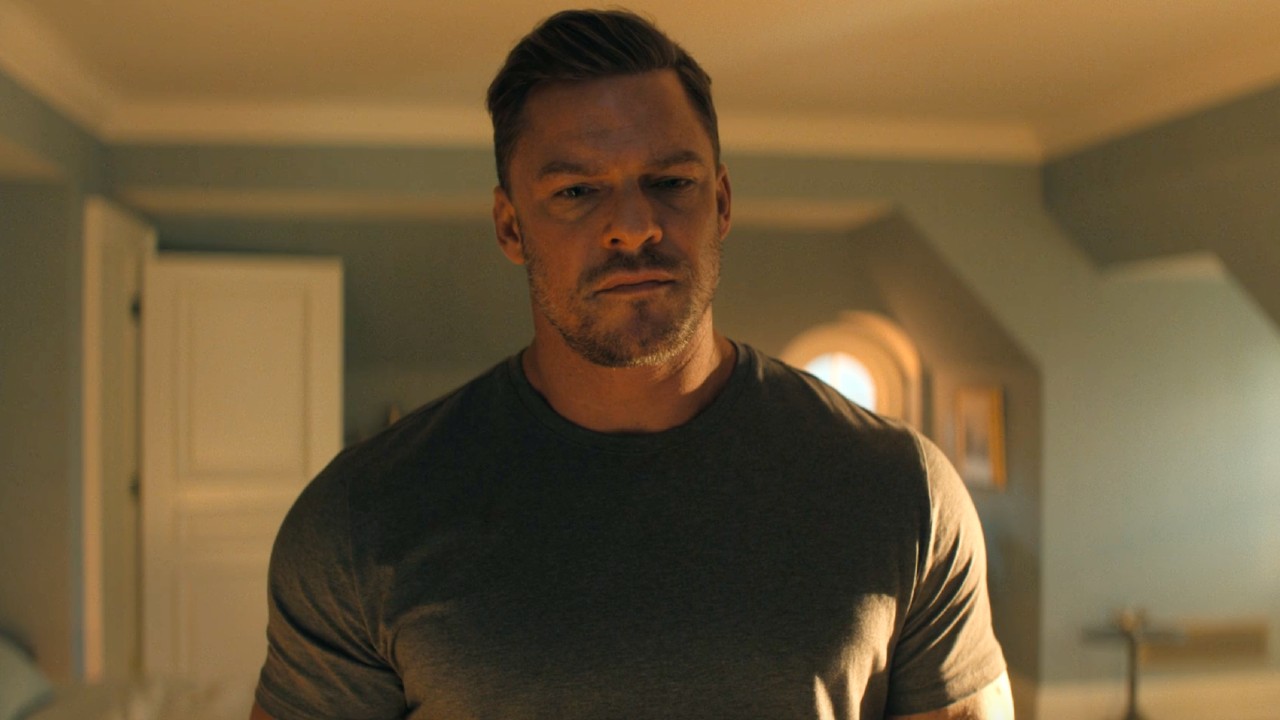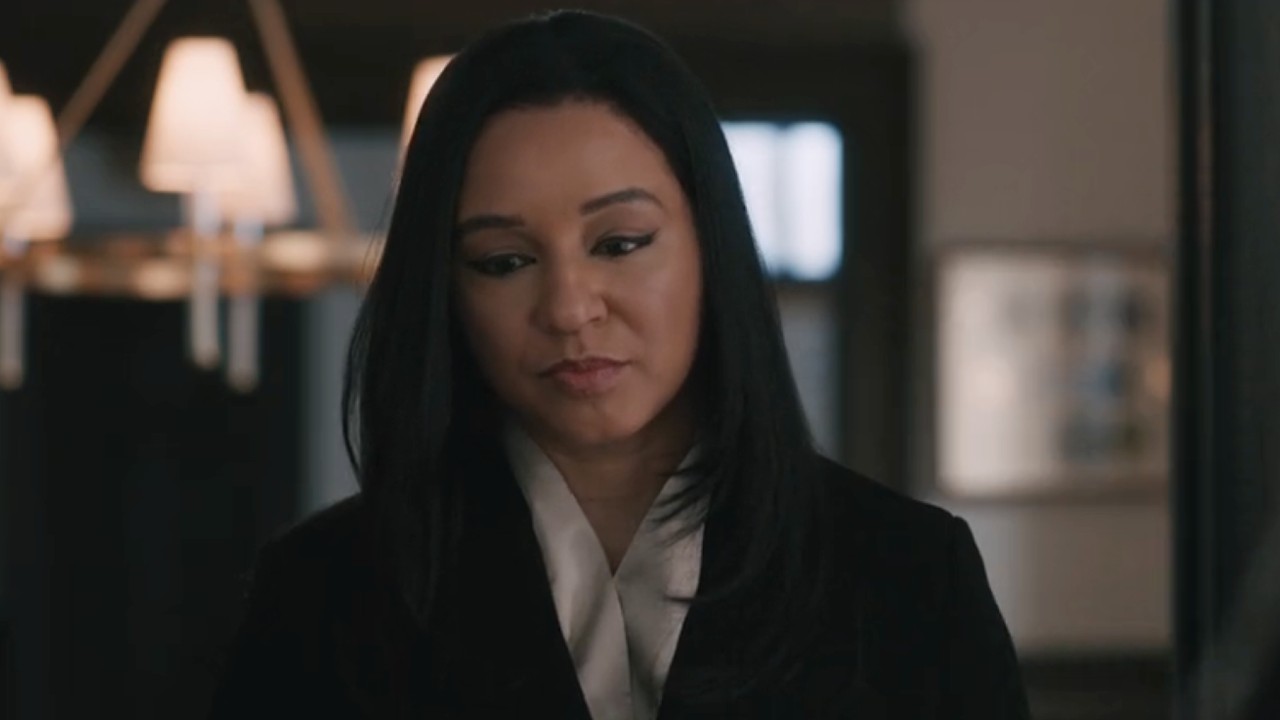Expert Who Wrote Books On Late Night TV Explains Why Hosts Like Jimmy Fallon Develop The Problematic Behavior That's Being Called Out
The author of The Late Shift weighed in.
Despite largely coming across as one of the goofier and most affable late night hosts — one who landed his own theme park ride (at the heart of a 2022 lawsuit), no less — Jimmy Fallon was the subject of a scathing report alleging toxic workplace behavior at The Tonight Show, with claims made by a variety of former and current employees. Fallon certainly isn’t the first TV host to be called out by staffers for problematic behavior behind the scenes, and an expert on the matter, The Late Shift and The War for Late Night author Bill Carter, shared a lengthy essay that addresses why this kind of troublesome situation happens more often than viewers might think.
The blowback from the Jimmy Fallon report has been pretty widespread, with past clips of celebs like Martin Short criticizing the host resurfacing and being enjoyed anew. In his opinion piece for The New York Times, Bill Carter compared the late night host’s stumble from public grace to the myriad rumors and claims made about Ellen DeGeneres and that allegedly toxic work environment in the final years of her daytime talk show, which led to producers being fired. In his mind, TV hosts' endless charm will often be balanced by complete shifts in mood. Here's how he put it:
Having interviewed a great many of these hosts over the years and having witnessed both their deep stores of talent — as comedians, as impressionists, as musicians — and their almost equal measures of fragility, insecurity and vulnerability, I can say that the combination of charm and chaos is not a contradiction. It’s not even a rarity. It is a direct effect of the way these shows are structured. On air, the fun is infectious. Off air, the ambience can be like the hold of a Roman galley: Everybody’s rowing, but the flogging can get unpleasant.
Carter spoke further to the why he thinks hosts like Jimmy Fallon (and David Letterman before him) start leaning into slightly more megalomaniacal behavior behind the scenes when the cameras aren't around, while continuing to maintain a genial personality that viewers feel is authentic as the day is long. In his words:
Unlike stars in almost any other genre of entertainment, TV talk show hosts are often carrying the entire enterprise: the hiring of every chief player, from the bandleader to the announcer; the selection of the jokes; the decisions about the sketches; the publicity; the interactions with the guests — all headed by the name on the marquee. The pressure to be the singular front of the whole operation is only increased because the performers are playing themselves, the people they were in high school, the people who have to call a plumber to the house when the sink leaks. Their success depends on their ability to convince an audience that it genuinely knows them.
Many business owners whose names are part of the brand likely feel similar kinds of pressure to fight to keep consumers happy, even if it comes at the cost of employee contentment. A late night talk show is obviously different from a local hardware store or something of that nature, but with the similar need to thrive amongst the competition.
Bill Carter pointed out that this kind of stress isn't present behind the curtains of every late night talk show, those who do experience that pressure often don't stick around for the long haul. As he put it:
Even at shows where employee morale is good (they do exist), the late-night format is a notorious pressure cooker, inspiring a lot of offscreen talent to migrate to relatively saner pursuits, like writing movies and pitching sitcoms.
While The Late Show with Stephen Colbert has gone through its share of EPs and showrunners, The Tonight Show is relatively well-known at this point for having a revolving door of writers, producers and showrunners coming and going in the years since Fallon took over as host. That speaks why so many former staffers were available to make their allegations public in the initial report.
The report dropped right around the same time Fallon, Colbert, Seth Meyers, Jimmy Kimmel and John Oliver debuted the podcast Strike Force Five, which centers on the fivesome's group conversations that started up following the onset of the WGA writers strike, with proceeds going to the out-of-work late night staffers. I wonder what Bill Carter thinks about that combined effort compared to the more cutthroat days of Letterman vs. Leno.
CINEMABLEND NEWSLETTER
Your Daily Blend of Entertainment News

Nick is a Cajun Country native and an Assistant Managing Editor with a focus on TV and features. His humble origin story with CinemaBlend began all the way back in the pre-streaming era, circa 2009, as a freelancing DVD reviewer and TV recapper. Nick leapfrogged over to the small screen to cover more and more television news and interviews, eventually taking over the section for the current era and covering topics like Yellowstone, The Walking Dead and horror. Born in Louisiana and currently living in Texas — Who Dat Nation over America’s Team all day, all night — Nick spent several years in the hospitality industry, and also worked as a 911 operator. If you ever happened to hear his music or read his comics/short stories, you have his sympathy.










